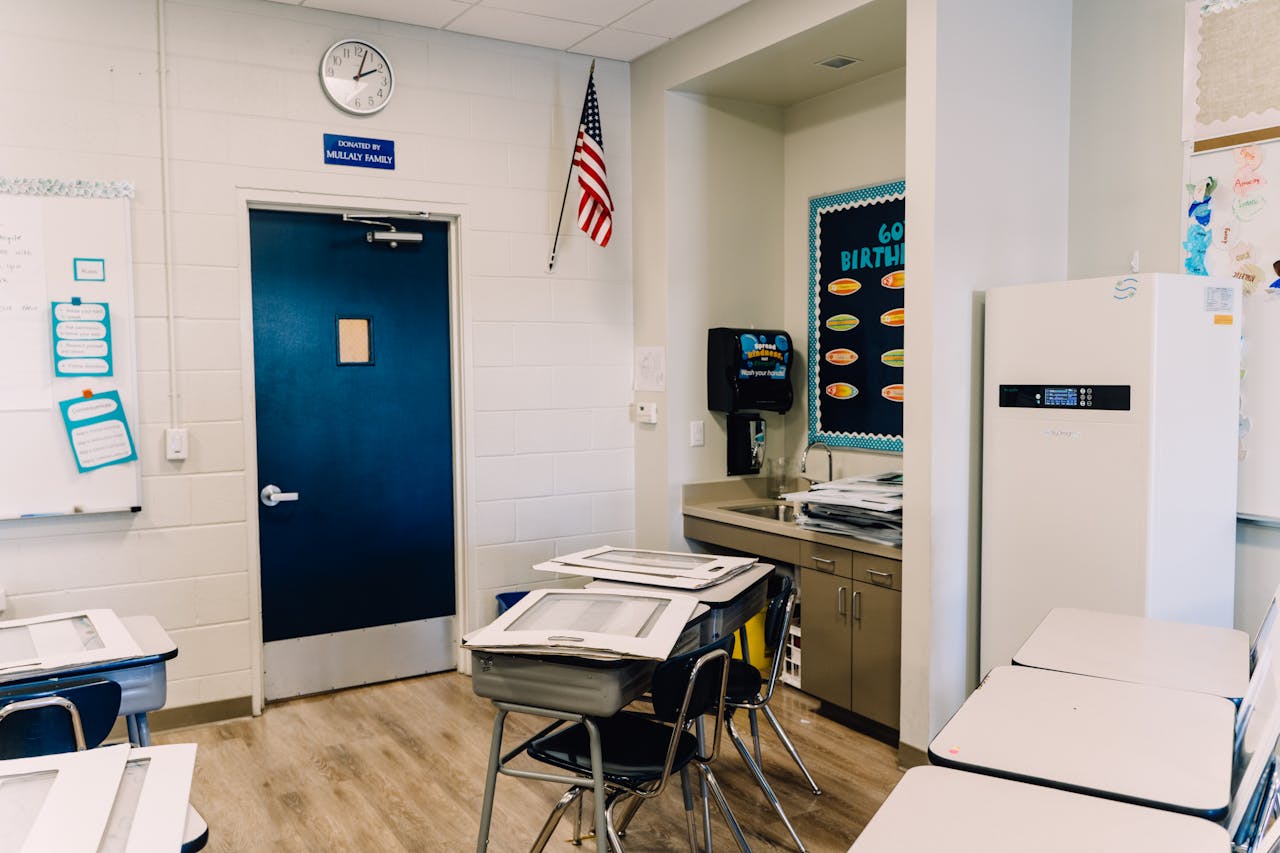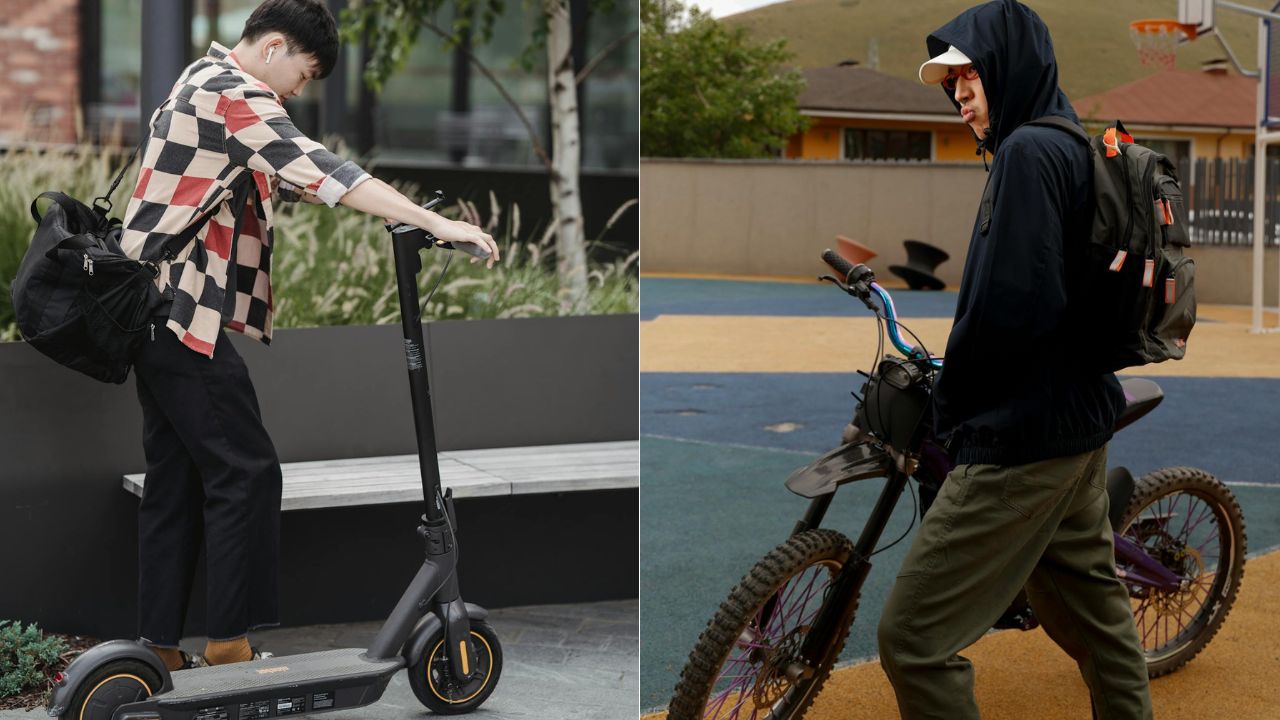Independence still means being trusted, making good choices, and feeling capable. What changed since the ’80s is the path teens take to get there. Back then, freedom often looked like a house key on a shoelace, a bike ride across town, and a paper map that somehow got you home.
Today, independence is more digital and negotiated. You carry a phone, parents can see your location, and a lot of growing up happens online before it happens across town. This is not about better or worse. It is about different contexts, different risks, and a new set of skills that prove you are ready for more freedom.
The ’80s Version of Independence
For many families in the ’80s, independence arrived early and looked physical and practical. The school day ended, parents were still at work, and a lot of teens let themselves in, grabbed a snack, and handled an hour or two alone. Plans were made on landlines or at lunch. If you missed a call, you missed the plan. That reality encouraged initiative. You learned to navigate bus routes, ride long distances, and talk to the store clerk when you needed change. Privacy was mostly automatic. No one was tracking locations, and mistakes faded quickly because they were not archived online.
Responsibility at Home
Plenty of teens managed small siblings for short windows, started dinner, or handled chores before parents returned. Knowing how to follow house rules unsupervised signaled readiness for more trust. If you proved reliable, curfews moved later, and privileges followed.
Social Life and Privacy
Friend groups formed at school, sports, or the mall. Photos stayed in shoe boxes, not on feeds. Friendship maintenance required phone calls, showing up, and forgiving miscommunications when people were late or plans shifted.
The Gen Z Version of Independence
Modern independence lives on two tracks. Online, teens can build communities, launch projects, run small businesses, and learn almost anything. Offline, movement often comes with more oversight. Phones allow quick check-ins and digital boundaries that feel safer to parents and schools. The tradeoff is that physical freedom can lag behind digital competence, even when teens are highly capable. Many parents prefer supervised spaces, scheduled activities, and shared calendars. That does not mean teens today lack independence. It means independence is often demonstrated through planning, communication, and outcomes rather than distance from home.
Digital Freedom, Physical Limits
You can coordinate a group in minutes, find your way anywhere, and solve problems with tutorials. Yet location sharing, school rules, and community norms create guardrails. Trust grows when you show you can use devices to make life safer and easier, not more chaotic.
Money, Mobility, and Work
Cash jobs and early car ownership were more common for older generations. Today, many teens delay licenses, use rideshare with consent, or bike local routes. Income often starts with online resale, tutoring, content, or neighborhood services promoted through messages. Financial independence still matters, but it arrives through different tools.
Why the Shift Happened

The world around teens changed in visible and invisible ways. Parents and schools respond to those changes with new rules, and teens respond with new strategies. Technology, safety culture, the economy, and academics all play a part in how freedom is earned and expressed.
Technology and Safety Culture
Smartphones reduce uncertainty. Families can confirm arrival times, teens can call for help, and maps prevent getting lost. That same tech normalizes monitoring. Communities also adopted stricter safety norms, like school IDs, locked campuses, and formal checkouts for visitors. These practices create structure. The skill now is proving judgment within the structure, not escaping it.
Economics and Academics
Costs are higher, schedules are fuller, and credentials matter more. Many teens balance advanced coursework, clubs, and sports that run late. Part-time jobs still exist, but shifts must fit tighter calendars. Colleges and employers value demonstrated responsibility, communication, and initiative. Those qualities can be shown through projects, leadership, and consistent follow-through as much as through miles from home.
How to Build Independence That Fits Today
Independence is not a single milestone. It is a series of proofs that you can handle more freedom and more responsibility without creating messes for yourself or your family. The good news is that you can engineer those proofs. Start small, be consistent, and use your tools well.
Skills That Matter Now
Focus on the four pillars that adults immediately notice: time, money, movement, and communication.
• Time: arrive early, meet deadlines, and set alarms without reminders.
• Money: budget allowance or earnings, track spending, and save toward a goal.
• Movement: plan safe routes, share itineraries when needed, and adapt if plans change.
• Communication: confirm details, send updates, and own mistakes quickly.
Agreements That Grow Trust
Trust is built by clear agreements and clean follow-through. Propose a plan, name the risks, state what you will do to manage them, and set a check-in time. Afterward, debrief. What went well, what will you adjust, what can be extended next time? This turns freedom into a repeatable process rather than a one-time exception.
Smart Steps to More Freedom
Use low-risk repetitions to prove readiness. Start with a daytime bike ride to a familiar spot, then a longer route, then a short evening outing with a buddy. Start with a local tutoring gig, then add a second client, then manage scheduling without parent prompts. Each success becomes evidence for the next step.
A Practical Look at Modern Independence

Think of independence today as competence plus communication. You show competence by doing things right the first time and learning quickly when you do not. You show communication by keeping people in the loop and making their lives easier, not harder. You can absolutely have meaningful freedom within modern guardrails. Here is how that looks across common situations, without adding extra noise or unnecessary rules.
Transportation
If you do not drive yet, map safe bike routes or bus lines and share your plan. Set return times that account for delays. If driving, keep a maintenance checklist, limit passengers at first, and use your phone only for navigation with audio.
Work and Money
Choose one earning lane and get very good at it. Cafes, childcare, lawn care, resale, or digital services all work. Track hours, invoice clearly when needed, and save a percentage automatically. Money you manage well is proof that you can manage more.
School and Activities
Pick commitments that fit together. A packed schedule that constantly explodes does not signal maturity. Fewer, deeper commitments show control. Use one calendar for everything. If you need a ride, ask early, and offer a solution when a conflict appears.
Friends and Social
If your circle lives online late at night, propose in person anchors that make everyone feel connected. Weekly lunch tables, Saturday pickup games, or a rotating study block keep friendships warm without depending on constant scrolling. Set simple phone norms with friends during hangs so conversations stay real.
The Payoff
When adults see you manage time, money, movement, and communication without drama, they relax. Curfews get later, permissions expand, and you gain room to test yourself in bigger ways. That is the same destination teens in the ’80s aimed for. The path is different now, but the markers are easy to spot. You are independent when people can count on you, when your choices reduce other people’s stress, and when your freedom creates more options instead of more problems. Keep stacking small wins. Independence follows.


